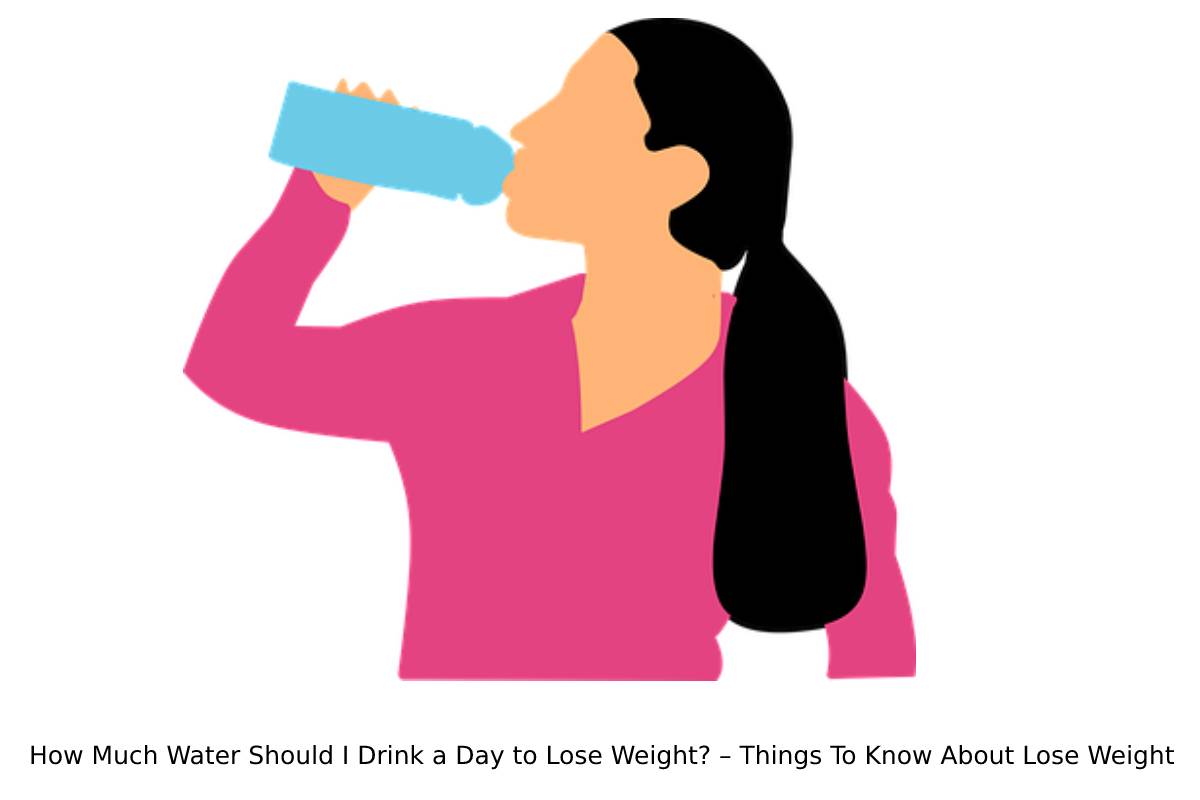How Much Water Should I Drink a Day to Lose Weight
How much water should I drink a day to lose Weight? We believe that drinking lots of water is the answer to losing Weight.
But in reality, it is only one part that will help to achieve goals and objectives
Here we give you the answer
- For years we have heard that a balanced diet and exercise are necessary to lose weight.
- The liquids we consume are essential in the diet, mainly water, which is an ally when getting rid of extra kilos.
- Unfortunately, sometimes we believe that drinking a lot of water is the answer to losing Weight.
- Still, only a part will help achieve the goals and objectives in reality. Combining other methods will make the results as expected since we cannot expect that everything changes just by drinking more water.
- Water will help maintain cognitive and physical function and keep the body hydrated. In the case of exercise, it will also help to regain lost electrolytes.
- Drinking the right amount of water could speed up losing weight, but we must consider that each organism is different.
- According to various nutritionists, people with an average body mass index need 1.8 liters of water a day, eight or nine glasses, so many wonders if they should increase this amount when looking to lose Weight.
How much water should I drink a day to lose Weight?
- To answer this question, various factors must be taken into account. Since the amount of water required will depend on your weight, there is a multiplication that could help you determine and answer the question.
- Multiply your Weight, and by 1.47, the amount you get will give you the amount in ounces of water you should drink (remember that one ounce is approximately 0.03 liters).
- For example, if your Weight is 60 kilos, multiplying it by 1.47 gives 88.2 ounces, equivalent to just over 2 liters of water per day.
- Remember that it is not healthy to obsess and exaggerate, like everything in life, because drinking too much water can cause hyponatremia.
- They are characterized by a drop in sodium levels in the body. Its symptoms can range from seizures to brain swelling.
